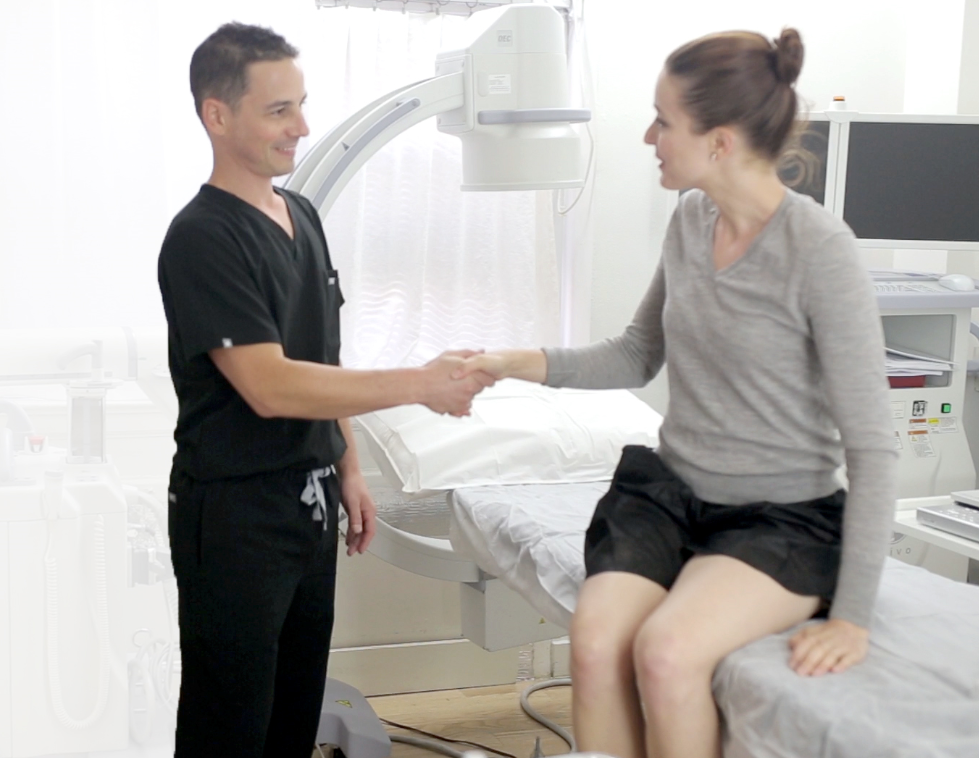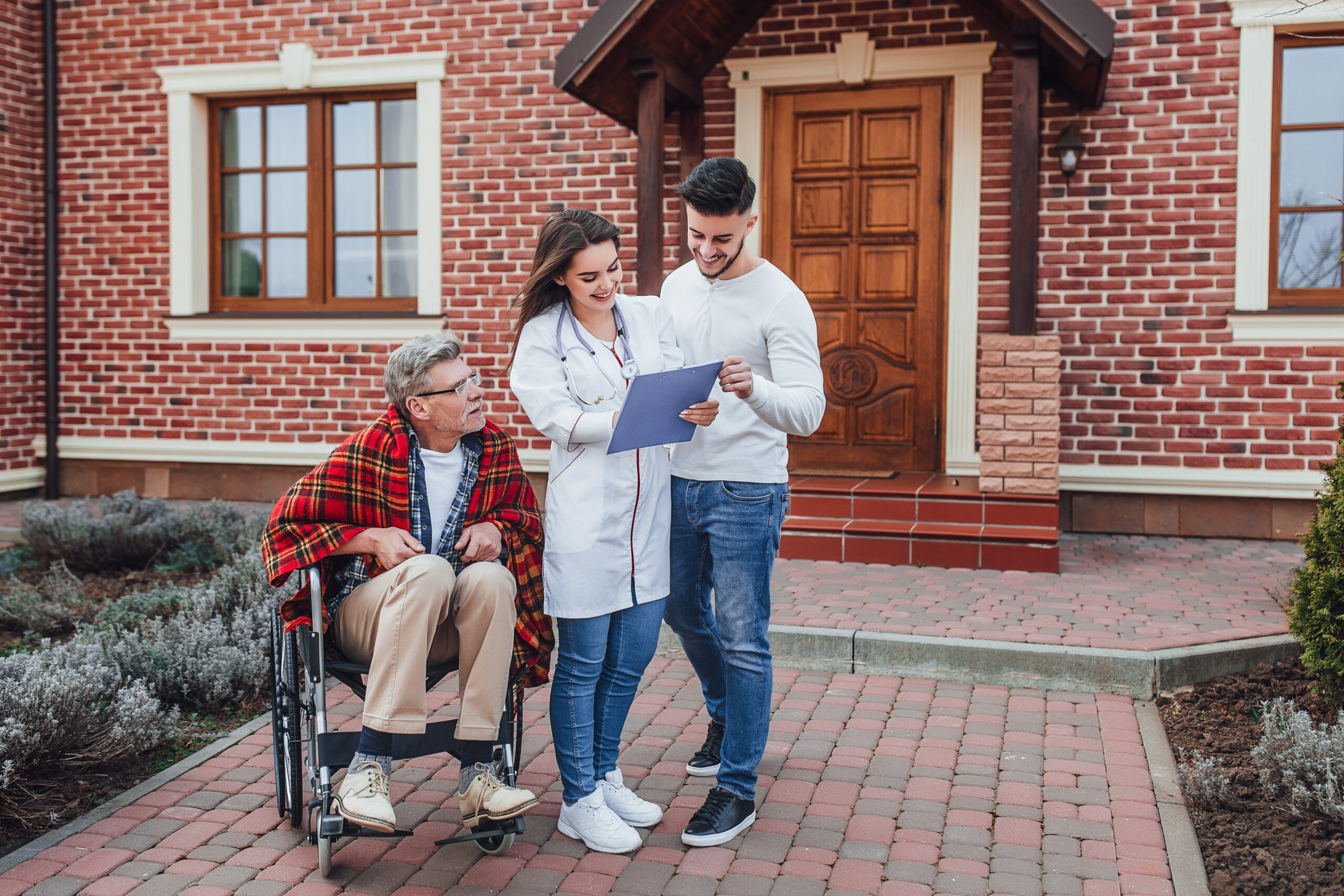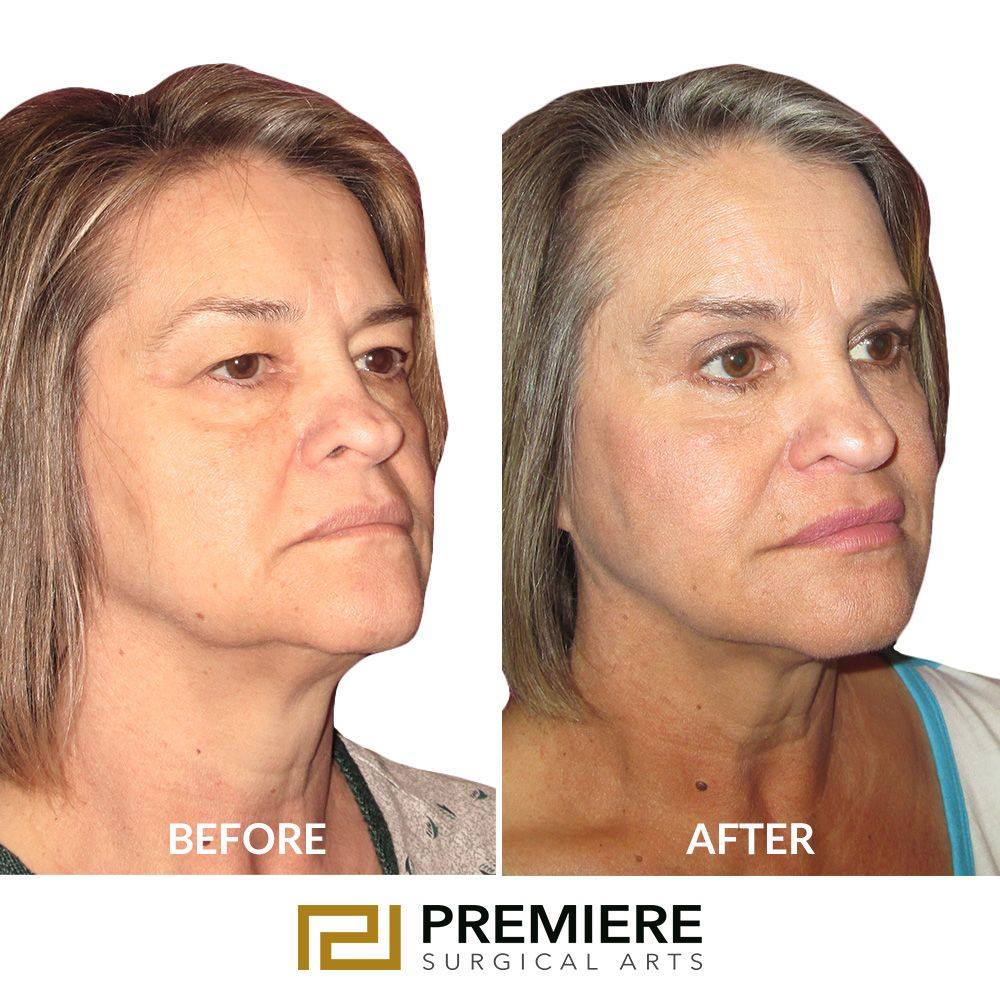If you have varicose veins, you’re likely looking for a solution to reduce discomfort, prevent worsening of the condition, or simply improve the appearance of your legs. Varicose veins can cause pain, swelling, and an unsightly appearance, leading many people to seek professional help. However, not all doctors specialize in treating varicose veins, so it’s important to know which type of specialist is right for your needs. In this article, we’ll guide you on what kind of doctor treats varicose veins and how to find vein treatment near me.
1. What Are Varicose Veins and Why Do They Develop?
Before diving into the types of doctors that treat varicose veins, it’s helpful to understand the condition itself. Varicose veins are enlarged, twisted veins that typically appear in the legs and feet. They occur when the valves in the veins that help regulate blood flow become weak or damaged. This leads to blood pooling in the veins, causing them to stretch and become more noticeable. Varicose veins are often caused by genetic factors, prolonged standing or sitting, pregnancy, and obesity.
While some people with varicose veins may experience minimal symptoms, others may experience aching, throbbing, or swelling in the affected area. In severe cases, varicose veins can lead to skin ulcers or blood clots.
2. What Kind of Doctor Treats Varicose Veins?
If you’re suffering from varicose veins and wondering what kind of doctor treats the condition, the most common specialists include:
a. Vascular Surgeons
Vascular surgeons are doctors who specialize in diagnosing and treating conditions of the blood vessels, including veins and arteries. They have advanced training in the medical and surgical management of blood vessel disorders, which makes them well-suited for treating varicose veins. Vascular surgeons are often sought for more severe cases of varicose veins, especially when surgical intervention is required.
Vascular surgeons can perform minimally invasive procedures like endovenous laser therapy (EVLT), sclerotherapy, and vein stripping. They are also trained to handle complex cases that may involve underlying health issues like chronic venous insufficiency (CVI).
b. Phlebologists
Phlebologists are medical doctors who specialize in the diagnosis and treatment of vein disorders, including varicose veins and spider veins. While some phlebologists are dermatologists, others are vascular specialists. Phlebology focuses specifically on the veins, and these doctors often offer non-surgical treatments like sclerotherapy, laser therapy, and radiofrequency ablation.
If you are looking for an expert in the field of veins, a phlebologist may be the right choice. They are highly skilled in managing varicose veins and can provide both cosmetic and medical treatments, making them a great option for those seeking a comprehensive approach to vein care.
c. Interventional Radiologists
Interventional radiologists are doctors who use imaging technology, such as ultrasound, to guide minimally invasive procedures. They are often called upon to treat varicose veins through techniques such as sclerotherapy or endovenous laser therapy (EVLT). Interventional radiologists are skilled in performing procedures that require precise targeting of veins to ensure that the treatment is both effective and minimally invasive.
This type of doctor is often sought for vein treatments when surgery is not required, and a less invasive approach is preferred. If you’re looking for vein treatment near me that doesn’t involve extensive recovery time, an interventional radiologist might be a great choice.
d. Dermatologists
While dermatologists primarily focus on the skin, many have experience in treating varicose veins as part of their practice. Dermatologists may treat mild cases of varicose veins or spider veins using non-invasive methods like laser therapy or sclerotherapy. If your varicose veins are more cosmetic than medical, a dermatologist could be an option.
However, for more advanced cases or those that require surgery, it’s best to consult a vascular surgeon or phlebologist, as they specialize in vein-specific conditions.
e. General Practitioners (GPs)
While not vein specialists, your general practitioner (GP) can be a helpful starting point when dealing with varicose veins. They can provide an initial diagnosis, evaluate the severity of the condition, and refer you to a specialist such as a vascular surgeon or phlebologist if necessary. GPs can also help manage risk factors for varicose veins, like obesity and pregnancy, and offer advice on lifestyle changes to alleviate symptoms.
3. How to Find Vein Treatment Near Me?
Once you’ve identified the right type of doctor for your varicose veins, the next step is to find a practitioner who can offer effective treatment. Here are some tips on finding vein treatment near me:
a. Use Online Resources
The internet is a great tool for locating healthcare professionals near you. Websites like Healthgrades, ZocDoc, and Vitals allow you to search for vascular surgeons, phlebologists, and other vein specialists in your area. These platforms provide ratings, reviews, and the ability to book appointments online.
Additionally, many medical centers and hospitals have online directories that can help you locate vein treatment specialists.
b. Ask for Referrals
If you have a family doctor or know someone who has had varicose vein treatment, ask for a referral. Referrals from trusted sources can often lead you to reputable specialists with a proven track record of success.
c. Check for Certifications and Credentials
When searching for vein treatment near me, it’s essential to check the credentials of the doctor or specialist. Look for board certifications in vascular surgery or phlebology, as these indicate that the doctor has the necessary expertise to treat varicose veins. Membership in professional organizations like the American Vein and Lymphatic Society (AVLS) can also be a sign of a highly qualified specialist.
d. Verify Insurance Coverage
Before making an appointment, it’s important to check whether the vein treatment center or specialist accepts your insurance. Many vein treatments, especially if deemed medically necessary, are covered by insurance, but it’s important to confirm coverage to avoid unexpected costs.
e. Consider Consultation
Many vein specialists offer consultations where you can discuss your symptoms, learn about treatment options, and determine whether the doctor is a good fit for your needs. These consultations allow you to ask questions, understand treatment costs, and assess the doctor’s experience with treating varicose veins.
4. What Treatment Options Are Available for Varicose Veins?
The treatment for varicose veins depends on the severity of the condition and your specific needs. Common treatment options include:
- Sclerotherapy: A minimally invasive procedure where a solution is injected into the vein to close it off.
- Laser therapy (EVLT): A laser is used to heat and seal off affected veins.
- Radiofrequency ablation: A catheter is inserted into the vein, and heat is used to close it.
- Vein stripping: A surgical procedure to remove larger veins.
- Compression stockings: These can alleviate symptoms and prevent the progression of varicose veins.
Choosing the right treatment will depend on the doctor’s assessment of your condition.
Conclusion
When seeking treatment for varicose veins, it’s important to consult with the right kind of doctor. Vascular surgeons, phlebologists, interventional radiologists, and sometimes dermatologists are the best specialists to handle this condition. To find vein treatment near me, use online resources, ask for referrals, check credentials, and consult with the doctor to determine the best course of action for your specific needs. With the right specialist, you can effectively manage varicose veins and find relief from the symptoms they cause.




